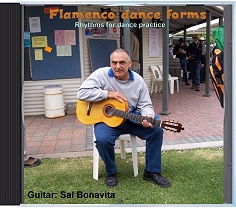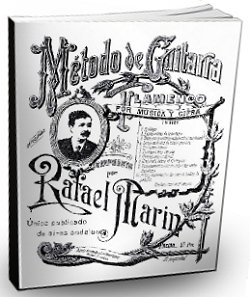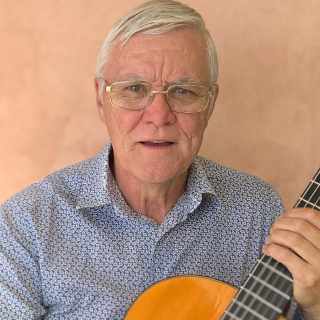This is the metered out rhythm, or beat cycle of a dance/song form. It is the basic element of flamenco rhythm. Specifically, compás is a recurring cycle of beats analogous to a bar of music. The beat cycle may be 2, 4, 6, 8 or 12 beats, depending on the rhythmic form.
Although there are typical accents within the cycle that a beginner would learn, these accents may vary to accommodate the syncopated variations that artists introduce into the music. Rhythmic syncopations are inevitable as the music gets more complex, but the basic "feeling" and "heartbeat" must always be there for something to be called flamenco. After a brief flight of syncopated rhythm or melody, some of the typical accents are expected to return to the music and be clearly heard, like returning regularly to a home base.
With 12 beat rhythms, it is especially important to know exactly where you are in the cycle. What you don't do is leave out a beat or add an extra one because you feel like it. There is enough scope to be creative in flamenco without being careless. If you like to wander off and do your own dreamy, musical thing when you get high on Marijuana, then I suggest you try calling your music Avante Garde, because flamenco does not tolerate experimental sloppiness.
|
So you want to learn flamenco guitar? |
|
There are three rules of accompaniment: |
|
1) Stay in compás. 2) Stay in compás. 3) Stay in compás. |





